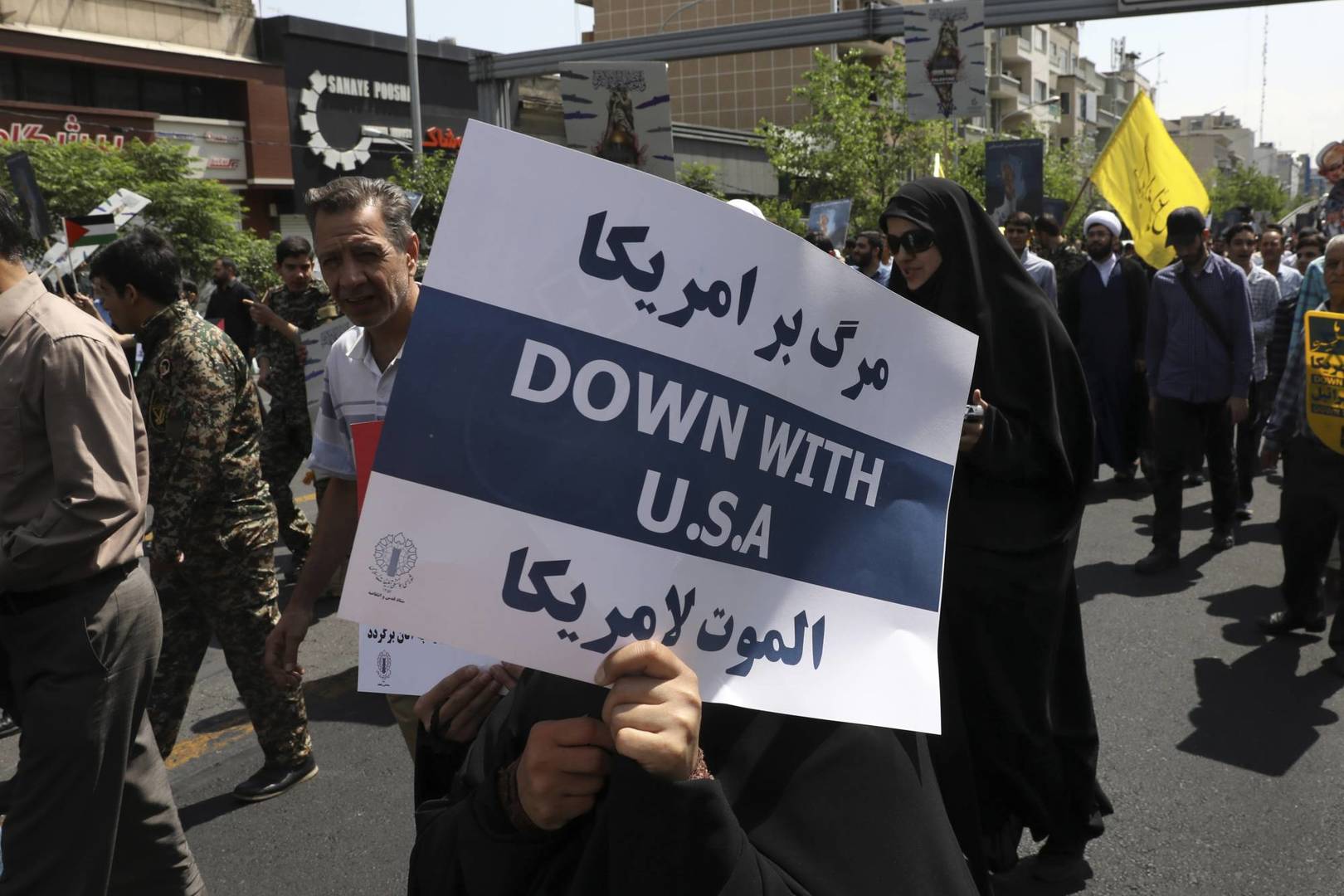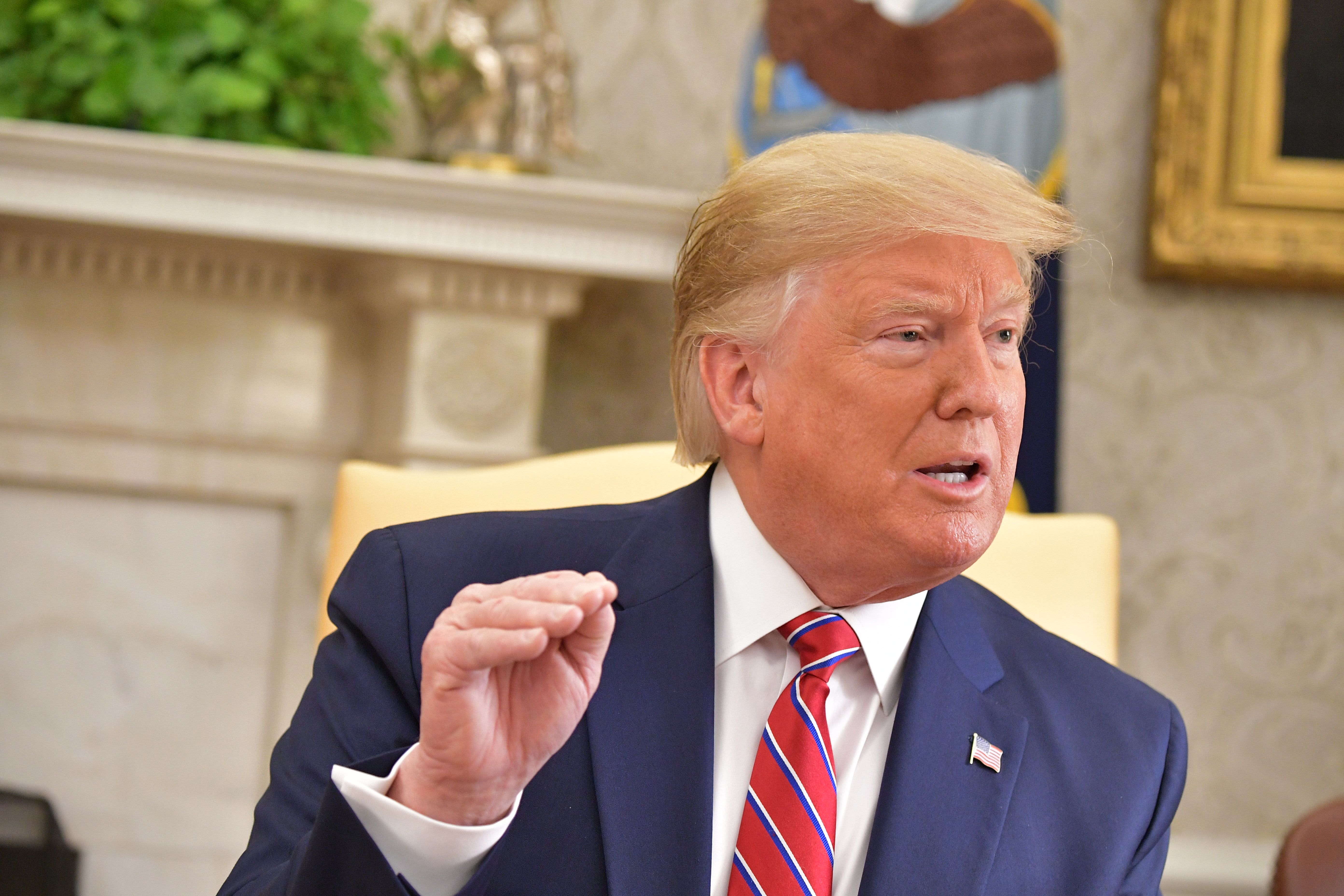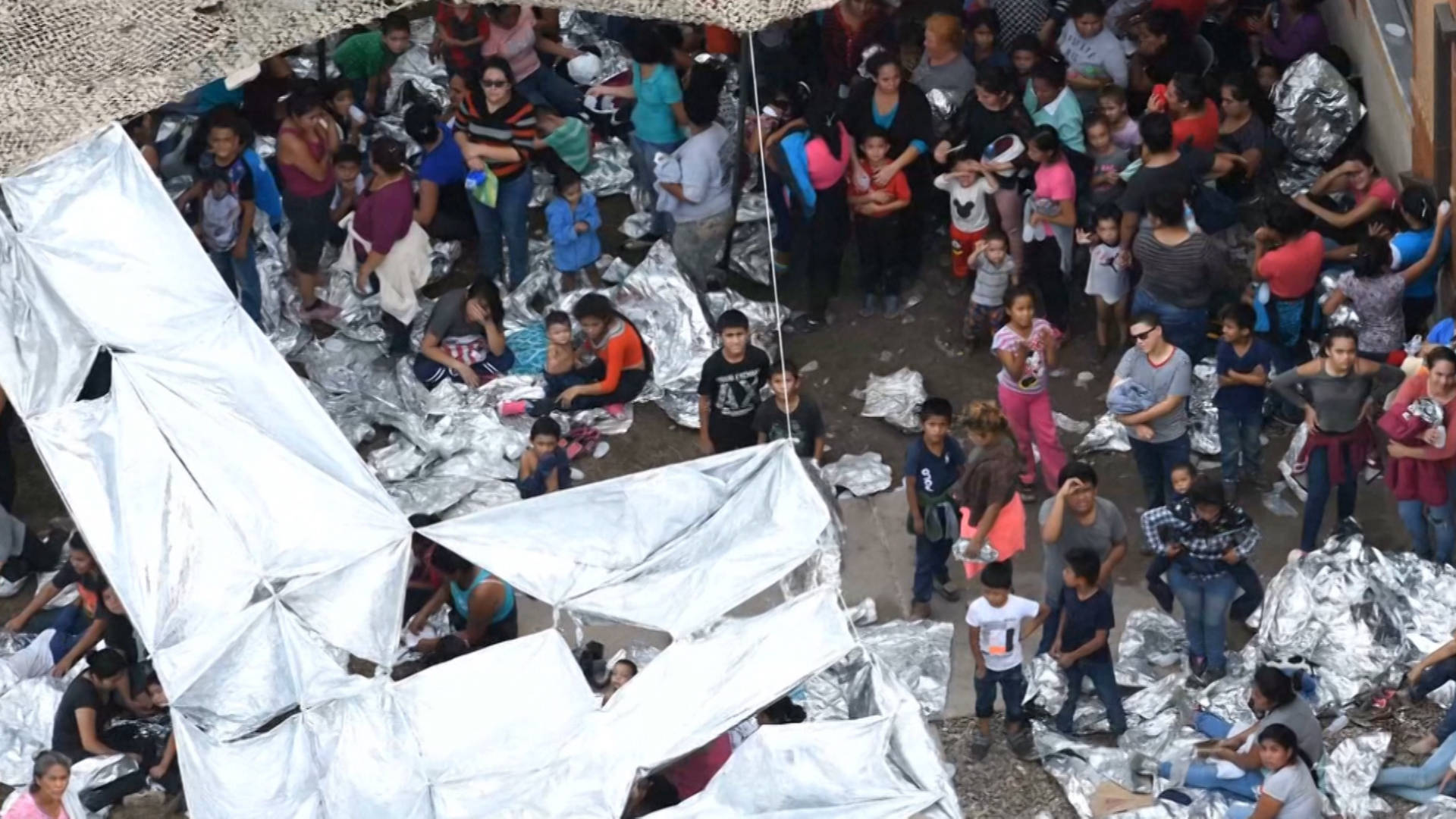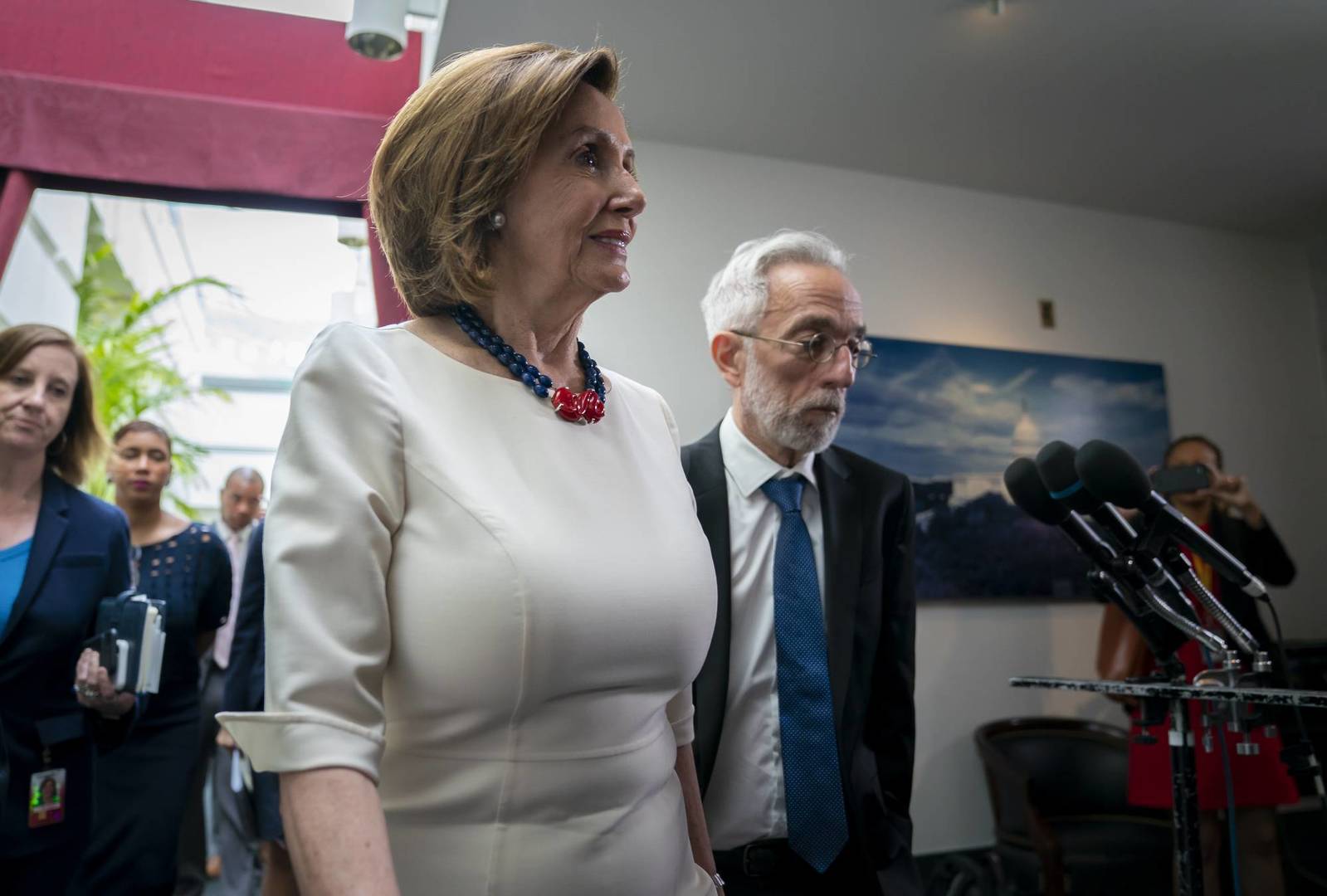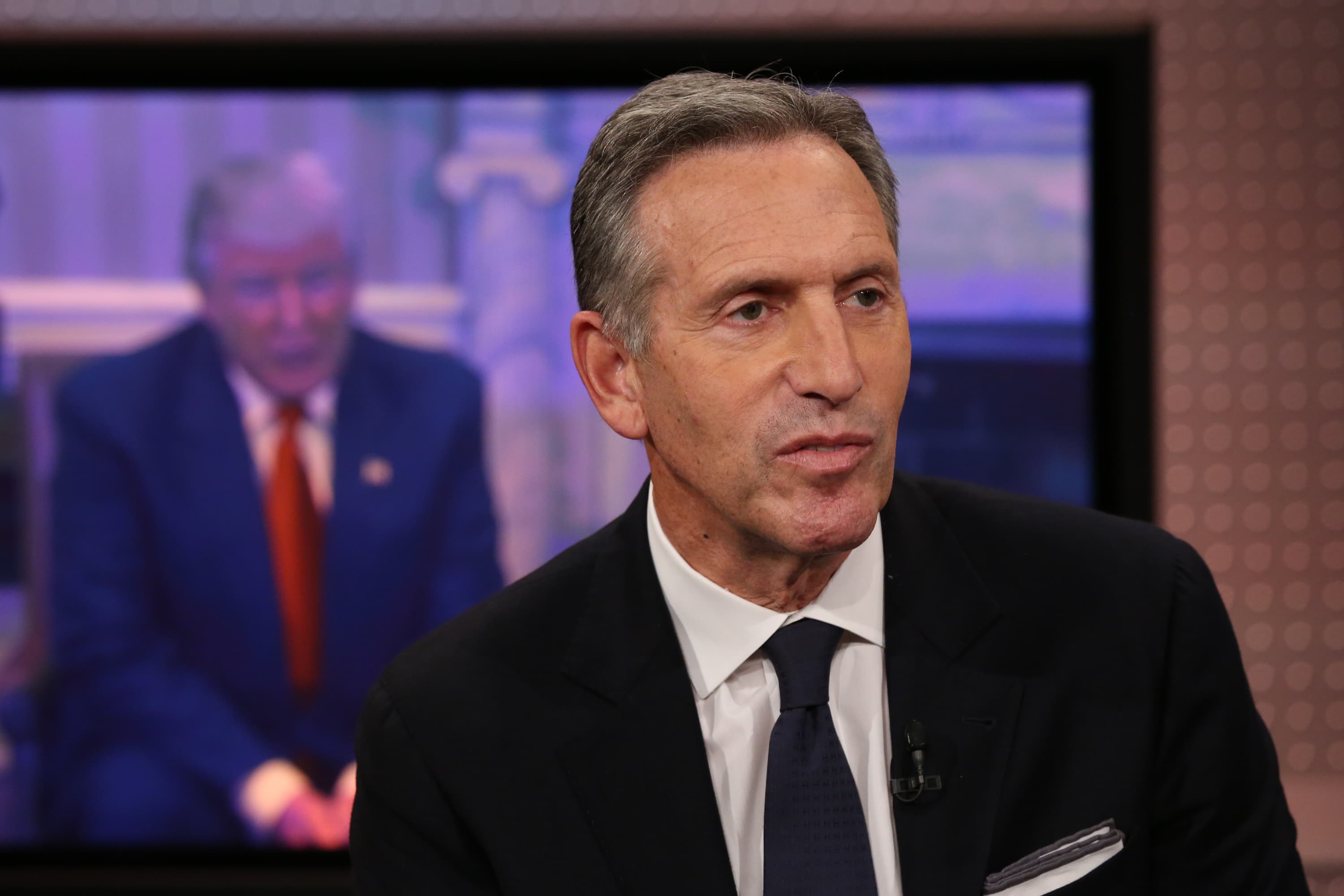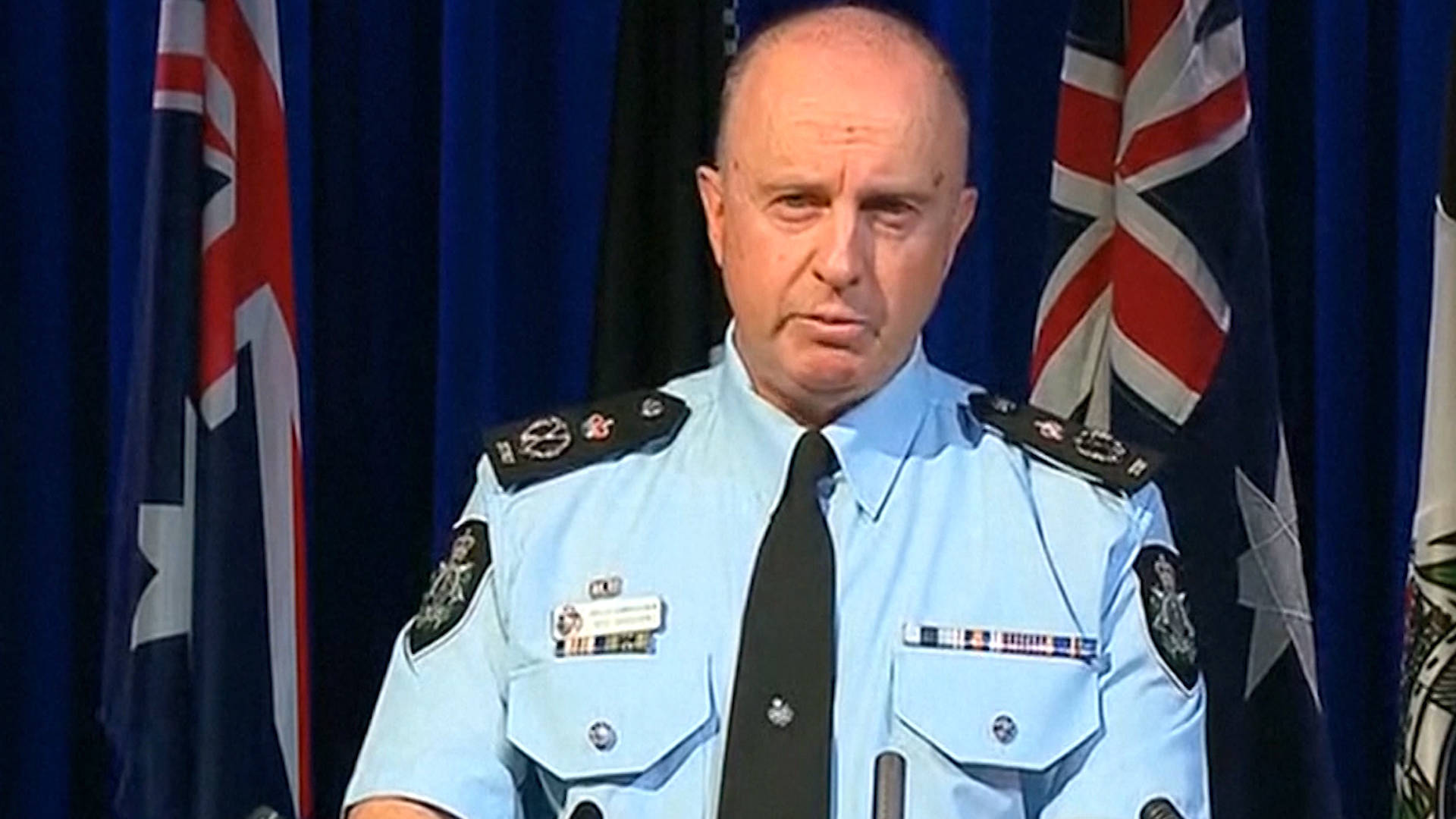This is a rush transcript. Copy may not be in its final form.
AMY GOODMAN: This is Democracy Now! I’m Amy Goodman, with Juan González.
JUAN GONZÁLEZ: We end today’s show looking at horrific conditions for some 52,000 immigrants held in for-profit jails around the country. At least 24 immigrants have died in the custody of Immigration and Customs Enforcement under the Trump administration. At least four more died shortly after being released. Now Homeland Security’s own inspector general has revealed how detained immigrants are subjected to rotten food, severe overcrowding, inadequate medical care, and broken and overflowing toilets. In two facilities, in particular—Adelanto ICE Processing Center in California and Essex County Correctional Facility in New Jersey—the inspectors found, quote, “immediate risks or egregious violations of detention standards … including nooses in detainee cells.”
AMY GOODMAN: The inspectors showed up at these four detention jails unannounced between May and November 2018 in response to several concerns raised by immigration rights groups and complaints made by prisoners. The LaSalle ICE Processing Center in Louisiana, the Aurora ICE Processing Center in Colorado were also inspected. Three of the facilities are operated by the private prison company GEO Group. This comes as a separate inspector general report recently documented dangerous overcrowding at a Border Patrol processing facility in El Paso, Texas.
Meanwhile, the Trump administration has announced it plans to hold some 1,400 immigrant children at a site on Fort Sill Army Base in Oklahoma that was once used as an internment camp for Japanese Americans during World War II. The agency is already holding a record number of children in some 168 facilities and programs in 23 states.
For more, we go to Houston, Texas, where we’re joined by Aura Bogado, immigration reporter for Reveal from the Center for Investigative Reporting. She’s been speaking with migrants held in a number of these jails.
Aura, welcome back to Democracy Now! There was not a lot of mainstream media attention on this inspector general report—again, the inspector general for the Department of Homeland Security. Talk about what it revealed.
AURA BOGADO: Good morning, Amy. It’s great to be back.
The inspector general’s report indicates what immigrants have said for years about conditions in various detention facilities. As you mentioned, the inspector general’s report did surprise visits to four sites. Three of them are run by the private prison company GEO, and the other one is local to Essex County, New Jersey.
And it’s hard to know where to begin, but, you know, some of what stands out are the photos, for example, from the bathroom facilities, where there is unusable toilets, mildew and mold on the showers. The inspector general said that this poses health risks to the people who—to the detainees who are being held there: little to no access to recreation, horrible food conditions—moldy bread; raw, leaking chicken blood; unmarked, unlabeled food—again, things that we’ve heard about for years. And as you mentioned, this is DHS inspector general, and they found that there were multiple violations of ICE’s own detention standards.
And ICE concurred with the one recommendation, which was to have increased oversight. In some cases, they tried to make fixes right away, such as replacing the kitchen manager at one of the facilities during the inspection. But with some other recommendations, they sort of indicated that they’d think about it. For example, the Aurora facility in Colorado has a space for in-contact visits, which we know improves the morale of people who are being held in any kind of detention or prison environment. And although it has those facilities, it doesn’t allow contact visits. And the inspector general’s report cited that, and ICE’s response was, “You know, we’ll think about it, but the standard isn’t to have contact visits.” So, it’s an interesting way to sort of skirt that particular issue which was addressed in the report.
JUAN GONZÁLEZ: And, Aura, could you talk some about the GEO Group, for those viewers and listeners who may not be familiar with it?
AURA BOGADO: Sure. So, the GEO Group is a private prison contractor. And for ICE, it runs several detention facilities around the country. And it does, you know, what it sounds like. It holds people for civil immigration custody. Something that I think people don’t always understand is that people who are in immigration, in ICE custody, they’re in civil custody, not criminal custody. So it doesn’t have to do with any kind of criminality. It’s people who are going through some kind of immigration process, one of the many immigration processes that exist in the United States. And ICE contracts with a few contractors, but particularly with GEO. And they’re a large firm that holds a lot of people around the country for this agency.
AMY GOODMAN: So, can you talk about the significance of this report, and specifically, also, the number of migrants who have died during the Trump administration? It’s both children, a record number—I mean, I think the number was six from back to last year, and there hadn’t been a death, a child death, in immigration detention in 10 years. And now you have this latest figure of—what was the number?—24 migrants—these are adults—who died in detention, with another four dying right after they’re released.
AURA BOGADO: Right. So, something to keep in mind is that there are various agencies that hold immigrants, asylum seekers, migrants. So, we have just been talking about ICE immigration detention. The Customs and Border Patrol also holds people at Border Patrol stations, which are often referred to as hieleras, or “iceboxes,” by people who are held in them. They always describe them as being incredibly cold. I spent time with a couple of girls who I first reported on back in 2013, and they described, in great detail, especially one of them, what the icebox was like. And, you know, here we are, years later. They have green cards now. They’re looking forward to becoming citizens. And when we went back to talk about the conditions in these Border Patrol stations, it was like it could have happened yesterday. I mean, they just described how freezing they were, how the one little piece of Mylar didn’t feel like enough for either of them, and the older sister felt so bad for the younger one, that she took it and tried to create a second layer for her sister. And she was scared of sleeping through getting her name called, because they say that they were told that if they didn’t hear their name, they would stay in there forever. So, you know, again, this is stuff that we’ve heard about for a long time.
Unaccompanied minors then who leave the Border Patrol stations are then taken to shelters around the country, which are run by the Office of Refugee Resettlement. These are all contracted facilities throughout the country, and that’s a different department altogether. That’s not DHS, but the Department of Health and Human Services. Some of what we found is tremendous abuse, both accusations and proven allegations, as well as, you know, in some of these places, there is the use of restraints, forced drugging. My reporting partner and I, Patrick Michels and I, we’ve been investigating secret shelters, in which the Office of Refugee Resettlement, without any judicial oversight, sends children to psychiatric facilities or residential treatment centers, and they’re sort of off the map of the shelters that we do know about. They’re not contracted facilities.
And, yes, people die. There are really horrible conditions in a lot of these places. And as you mentioned, there have been two dozen deaths during the Trump administration. That accounts for the 200 or so deaths since we’ve been keeping track, which is since 2003, I believe. And then there have been four deaths immediately after custody. So those are also tricky to track. We think that it’s four people who died immediately after being released. They may have been in custody when there were taken to a hospital, and then paroled, essentially taken out of custody immediately thereafter. But these are pretty high numbers. And again, they come from places in which people have been detailing the horrid conditions for quite a long time.
JUAN GONZÁLEZ: And, Aura, the inspector general’s report, from your own reporting, do you get the sense that they’re actually talking to the detainees, or are they just basically inspecting the delivery of basic services and dealing with the personnel in these facilities?
AURA BOGADO: You know, there’s mention in the report where they cite that detainees said such-and-such things. Detainees noted that not having contact visits was difficult for them, for example. But their actual perspective isn’t included. There are no quotes from the detainees themselves in the report. And again, it’s interesting, and I think it validates what people have been saying for a long time, but, again, you know, for immigration reporters, whose sources are the people who experience these policies, this isn’t necessarily anything new. I think the photos do illustrate, however, exactly what has been described to me and many other reporters for quite a long time.
AMY GOODMAN: And now the inspector general report author, John Kelly—not the General John Kelly, who’s gone on to the board of another for-profit detention facility—is resigning, after this report has come out. But, finally, the Trump administration saying it’s going to suspend legal aid programs, recreational activities, even English classes—all education for unaccompanied migrant children jailed in federally run immigration centers, the move drawing condemnation from groups like Amnesty International USA, which wrote, “It’s bad enough that the Trump administration is trying to normalize the warehousing of children, It’s unconscionable that they would so blatantly try to strip them of their rights. Locking up children and then denying them legal aid, education, and even playtime is all part of this administration’s cruel efforts to dehumanize people who have come to the U.S. seeking safety.” Those are the words of Amnesty International USA. And yet you have President Trump taking $8 billion to build a wall, and saying he doesn’t have money for kids having classes.
AURA BOGADO: Yeah. Again, my reporting partner, Patrick Michels, actually broke that story on Twitter recently. And it was surprising to see that memo, that email, which internally stated we’re not providing English classes right now. We’re not providing fútbol, or soccer, recreation services. And as you note, there is quite an irony in saying that there isn’t funding available for something really basic. Like, you know, how much does a soccer ball cost? I’m not sure.
AMY GOODMAN: Aura Bogado, we’re going to have to leave it there, immigration reporter with Reveal. I’m Amy Goodman, with Juan González.

